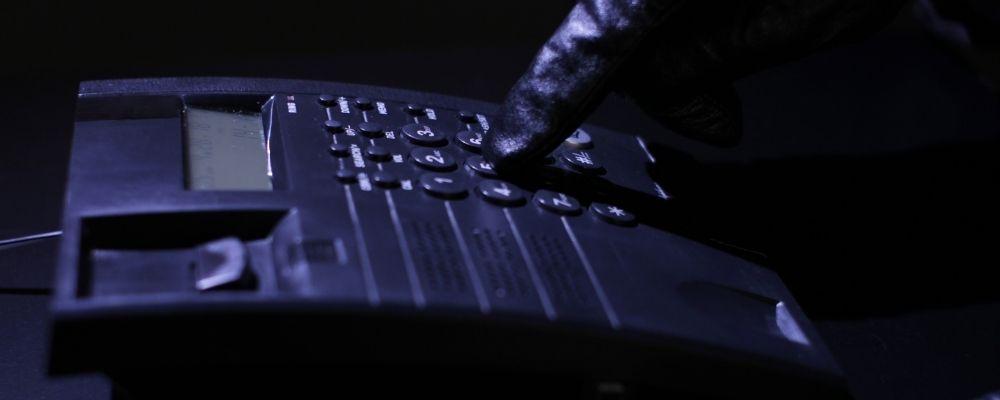
Answers from a Los Angeles Criminal Threats Attorney
Criminal Threats (PC 422) is a serious charge in California. If you or someone you love has been arrested for Criminal Threats, it is important that you speak with an experienced Los Angeles criminal defense attorney to fight these charges.
What does the prosecution have to prove to convict someone of assault with a deadly weapon?
What does the prosecution have to prove to convict someone of Criminal Threats?
To convict an individual of Criminal Threats (PC 422), the prosecution must establish all of the following elements:
- The accused person willfully threatened to commit a crime;
- If committed, the threatened crime would result in death or great bodily injury to the alleged victim;
- The accused person made the threat with the specific intent that it would be taken as a threat;
- The threat, on its face, was unconditional, immediate, and specific; and
- The threat reasonaly caused the alleged victim fear.
What if the Accused Person Never Intended to Follow Through on the Threat?
In California, someone can be convicted of Criminal Threats even if they never intended to harm the alleged victim. The focus of a criminal threats charge is whether the accused intended to scare the victim. However, a skilled Los Angeles Criminal Threats attorney may be able to use the accused’s harmless intent to get the charges reduced.
Penalties and Sentencing for Criminal Threats Charges
Criminal Threats is a “wobbler” under section 422, which means that the prosecution can charge it as a misdemeanor or as a felony. If it is charged as a felony, it is generally a “strike” offense under California’s Three Strikes Law.
A conviction for misdemeanor Criminal Threats offense can result in the following penalties:
- Up to one year in jail
- Probation
- Victim restitution costs, where applicable
- Community service, community labor, or classes
- Fines of up to $10,000
If convicted of a felony offense, an individual could face:
- Up to 3 years in prison or 3 years of felony probation
- Confiscation of weapon
- Victim restitution costs, where applicable
- A strike under California’s Three Strikes Law
- Fines of up to $10,000

What Makes an Criminal Threats Charge a Felony?
The prosecution has the choice of whether to charge Criminal Threats as a misdemeanor or felony. The typical factors that the prosecutor looks at when deciding the charging level include:
- The accused’s criminal history
- Whether the accused had a weapon
- The relationship between the victim and the accused
Even if a case is originally charged as a felony, a skilled Criminal Threats defense attorney may be able to get the charges dropped to a misdemeanor. The difference in penalties between a Felony Criminal Threats charge and a Misdemeanor Criminal Threats charge are substantial. Therefore, it is important to get an Criminal Threats attorney to fight for you as quickly as possible.
If you need help with an Criminal Threats charge, you can call us anytime for a free consultation: (213) 377-6102.
Defenses to Criminal Threats Charges:
Conditional Statement
If the accused’s threat was conditional, they are not guilty of criminal threats. Generally, a conditional statement will contain the word “if.” For example, a statement such as “I am going to kill you if you don’t stop,” if conditional.
False Accusations
This is a criminal defense to these charges. The defense is made stronger where there are no corroborating witnesses to the threat because the alleged victim may have a motive for lying.
Statement Wasn't Made to Victim
If the threat was not made directly to the victim, a skilled Los Angeles Criminal Threats attorney may be able to get the charges dismissed. The argument would be that the accused never intended to scare the alleged victim.
Help from a Los Angeles Criminal Threats Defense Attorney
If you or a loved one have been accused of Criminal Threats, we can help. Call us at (213) 377-6102 for a free consultation with an attorney about your case.